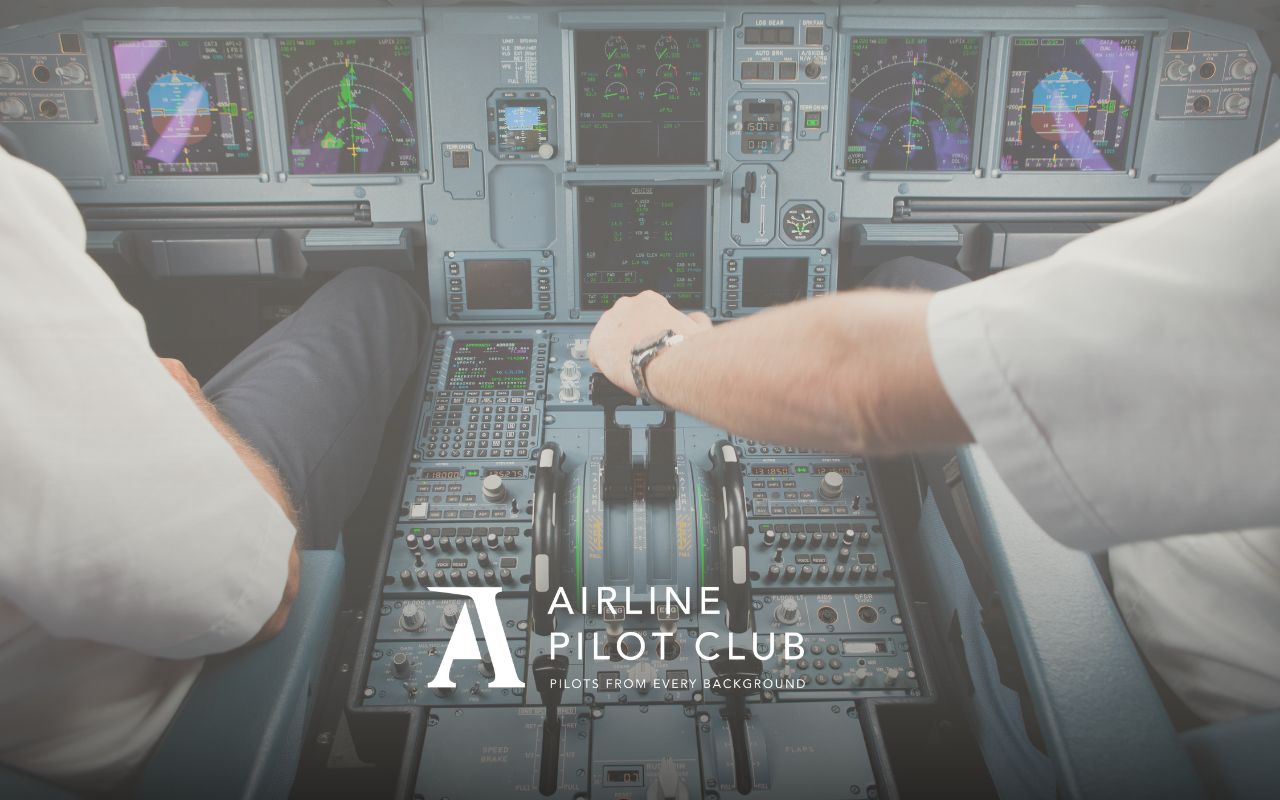In the rapidly evolving aviation industry, continuous competency tracking is becoming an essential element in ensuring pilots are not only skilled but also resilient and adaptable to changing conditions. This article delves into how ongoing competency assessments can build stronger pilots, ultimately enhancing safety and efficiency in airline operations.
The Importance of Continuous Competency Tracking
Continuous competency tracking involves the regular assessment of a pilot’s skills and abilities throughout their career, not just during formal training periods. This approach helps identify areas where pilots may need additional training or support, ensuring that their skills remain sharp and up to date with current aviation standards.
Enhancing Pilot Resilience
- Adaptability to Change: Continuous competency tracking prepares pilots for a wide range of scenarios, making them more adaptable to changes in technology, regulations, and operational requirements.
- Proactive Skill Development: By regularly assessing competencies, training programs can proactively address potential skill gaps before they impact performance, helping pilots manage and adapt to new challenges effectively.
- Stress Management: Competency tracking includes assessments of a pilot's ability to handle stress and make decisions under pressure, crucial for developing resilience in high-stakes environments.
Implementing Competency Tracking Systems
The implementation of effective competency tracking systems involves:
- Technology Integration: Leveraging advanced analytics and data management systems to monitor and report on pilot competencies in real time.
- Regular Assessments and Feedback: Establishing a routine for assessments that provide pilots with timely feedback, allowing them to focus on continuous improvement.
- Tailored Training Programs: Using data from competency tracking to design personalised training programs that target specific needs of pilots, enhancing their strengths and addressing weaknesses.
Benefits Across the Career Span
Continuous competency tracking offers significant benefits throughout a pilot’s career:
- Early Career: For new pilots, it ensures that foundational skills are solidified and aligned with industry standards.
- Mid-Career: For experienced pilots, it helps update old practices with new techniques and technologies, keeping skills relevant.
- Senior Pilots: For veteran pilots, it provides opportunities to refine expertise and mentor younger pilots, reinforcing their knowledge and leadership within the team.
Challenges to Consider
Despite its benefits, implementing continuous competency tracking can pose challenges such as resistance to change from pilots accustomed to traditional training methods and the logistical complexity of integrating new technologies. Addressing these challenges requires effective communication of the benefits, training for staff on new systems, and a clear policy on how data will be used to support pilot development.
The Future of Competency Tracking
Looking forward, the role of continuous competency tracking in pilot training is poised to expand, with newer technologies like AI and machine learning enhancing the precision of assessments. These advancements will allow airlines to not only maintain high standards of safety and efficiency but also support pilots in achieving and sustaining peak performance levels.
A Powerful Tool
Continuous competency tracking is a powerful tool for building resilience among pilots, ensuring they remain capable and competent throughout their careers. By embracing this approach, airlines can enhance safety, improve pilot performance, and adapt more effectively to the dynamic nature of the aviation industry. As technology advances, the integration of sophisticated analytics and tailored training programs based on continuous assessment will undoubtedly become a standard in pilot development strategies.



